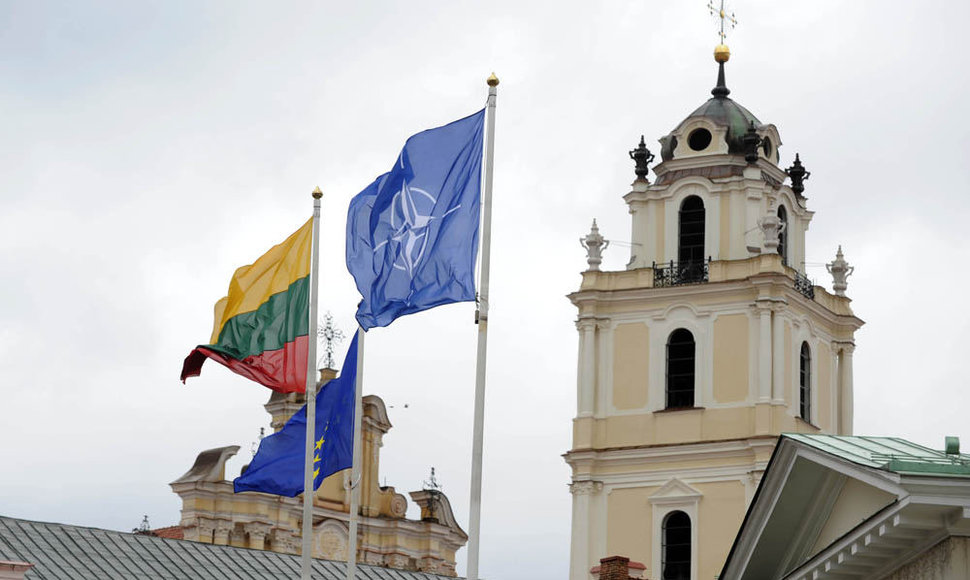He also noted that Estonia could be failing to understand the amount of resources needed for hosting the mission.
"I sometimes get the impression that Estonian officials do not fully understand how much technical, human and financial resources would be needed for their base to be fully able to service the 24/7 operation with a standard response time of 15 minutes. Maybe Lithuania should try to demonstrate some more the challenges Estonia would be faced with?," the defense and foreign affairs expert told BNS.
"However, we should have in mind the certain practical argumentation that would make rotating the mission beneficial (not only for Estonians), and there is substantial political and symbolic meaning for Estonians of the ability to provide a 'home' to the NATO air-policing mission, even for a short time," Jermalavičius added.
He notes that there is something more than costs behind defense policy positions and decisions, adding that Lithuania should accept this.
"The worst that could happen is – and this has already happened in the past – is starting to make pressure upon each other via other three-country cooperation projects and programs, and Estonia starts quietly lobbying among the Alliance's countries, i.e., if the Lithuanian and Estonian reaction 'poisons' the atmosphere of cooperation and undermines mutual confidence," the analyst said.
On Thursday, Lithuania's Defense Minister Rasa Juknevičienė said Lithuania supported Estonia's aspiration to have a military airport of its own but objected the proposal for the three Baltic states to take turns in hosting the NATO air-policing mission.
"The steps taken by Estonians at their airport and Latvians in certain structures in their country contribute to the reinforcement of Baltic military power. We support Estonians who want to have a military airport of their own. However, we disagree and think that rotation would make air-policing mission less attractive and much more expensive. It would cost much more and I don't think our partners would be happy about it," the minister said.
Estonia's media has reported that the Amari air base to be completed in Estonia in a couple of years could be used for hosting NATO jets and aviators performing the air-policing mission.
Jermalavičius said that Estonian and Lithuanian positions on hosting NATO air-policing mission were not new, adding that restating them in public hindered chances of finding a compromise.
Asked about how such public statements would be met in NATO's headquarters in Brussels or Washington D.C., he said that the Baltic discussions on deployment site for NATO fighter jets would not represent a threat as long as the countries continued to meet their commitments to support the mission.
The Alliance decided in February that the mission would be continued after 2014 – ambassadors officially confirmed in Brussels that it would be a long-term mission with regular revisions, while the Baltic states committed themselves to increasing their contributions. The document adopted in Brussels is confidential, but according to information available to BNS, the next review is scheduled after 2018.
NATO has been guarding the air-space of Lithuania, Latvia, and Estonia since their accession to NATO in 2004, as the three countries have no suitable military capacities of their own.
2012 04 30
Race for NATO air-policing mission - threat to Lithuanian-Estonian confidence
Tomas Jermalavičius, analyst of the Tallinn-based International Center for Defense Studies, says that the race between Lithuania and Estonia for hosting the base of NATO air-policing mission could undermine mutual confidence.
Report mistake
Successfully sent
Thank you












